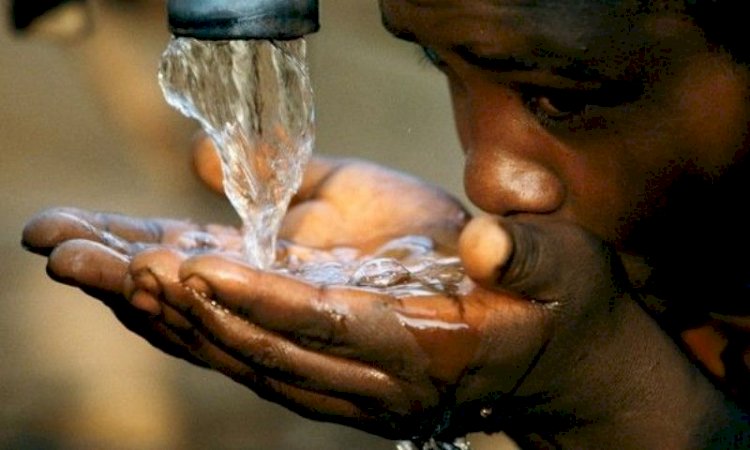"We need a Detailed Communication on Government’s “Free Water” – Health Economist
According to the Health Economist, beneficiaries must be made aware of how the deliveries are going to be done to avoid overcrowding at places.

A Health Economist at the University of Ghana, Dr. Gordon Abekah-Nkrumah has asked the government to provide clarification on how it intends to provide free water to Ghanaians as assured by President Akufo-Addo.
The President, in an address to the country on Sunday [April 5, 2020] announced that the government will take care of the water bills for all Ghanaians for April, May and June 2020 amid intensified fight against the pandemic
Dr. Abekah-Nkrumah in response to the president’s promise insisted that the beneficiaries of the “free water” must be made aware of how the deliveries are going to be done to avoid overcrowding at places.
“He [Akufo-Addo] talked about mobilising private and public tankers to deliver water. My only issue about that is the details and the mechanisms for delivering that. Maybe it will be important for some detailed communication to happen on that so that once a tanker arrives, it’s not going to be another crowd which will defeat the entire social distancing philosophy.
"So I think it’s important that those who are supposed to do this as quickly as possible can come up with a plan and educate Ghanaians as to how this thing is going to work so that it does not become counter-productive,” he noted in an interview with Accra based Citi FM.
READ ALSO:
Covid-19: Customers who owe Water Bills Won’t Enjoy Government’s Free Water - GWCL
Dr. Abekah-Nkrumah, when asked whether the absorption of water bills will be feasible in looking at Ghana’s current economy, he noted that the focus now must be the effects the country would have if precautionary measures are not taken and not the issue of whether the directive will be feasible or not.
“I don’t think that at this point, it’s an issue of whether the economy can support or not. On the face of it, it’s going to be difficult for us. What we rather need to do is look at the counterfactual. So what would it be if we don’t do this to make sure that the frontline staff are there to be able to work?
"If we don’t make sure that people wash their hands so that they don’t spread the disease? If we don’t do this to ensure that the PPE is in to ensure that people are protected? What will be the alternative? So when we think about the cost, that is the way we should analyse it. We need to look at the opportunity cost if we don’t act. Because if we don’t act, the consequences will be dire,” he remarked.






































